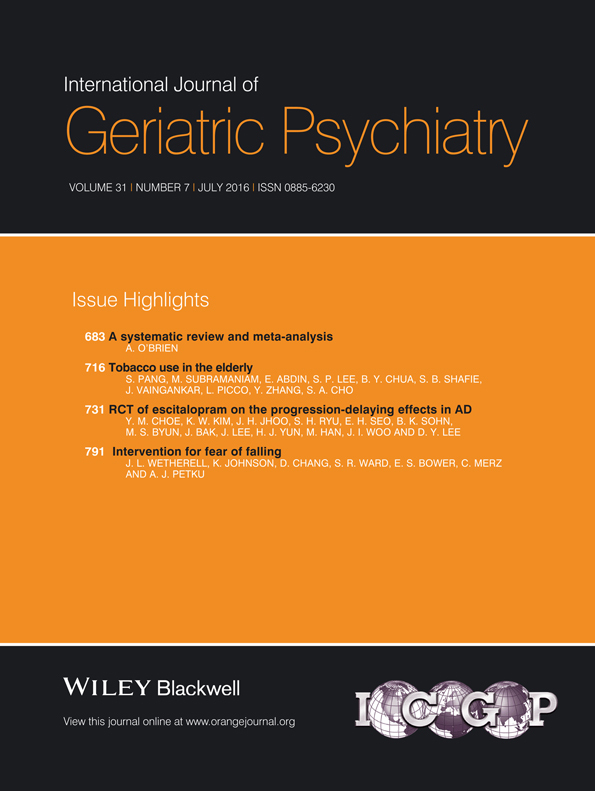Does targeted cognitive training reduce educational disparities in cognitive function among cognitively normal older adults?
Abstract
Objective
The aim of this study was to investigate educational differences in treatment responses to memory, reasoning, and speed of processing cognitive training relative to no-contact control.
Methods
Secondary analyses of the Advanced Cognitive Training for Independent and Vital Elderly trial were conducted. Two thousand eight hundred older adults were randomized to memory, reasoning, or speed of processing training or no-contact control. A repeated-measures mixed-effects model was used to investigate immediate post-training and 1-year outcomes with sensitivity analyses out to 10 years. Outcomes were as follows: (1) memory composite of Hopkins Verbal Learning Test, Rey Auditory Verbal Learning Test, and Rivermead Behavioral Memory Test; (2) reasoning composite of letter series, letter sets, and word series; and (3) speed of processing measured using three trials of useful field of view and the digit symbol substitution test.
Results
The effects of reasoning and memory training did not differ by educational attainment. The effect of speed of processing training did. Those with fewer than 12 years of education experienced a 50% greater effect on the useful field of view test compared with those with 16 or more years of education. The training advantage for those with fewer than 12 years of education was maintained to 3 years post-training.
Conclusion
Older adults with less than a secondary education are at elevated risk of dementia, including Alzheimer's disease. The analyses here indicate that speed of processing training is effective in older adults with low educational attainment.




